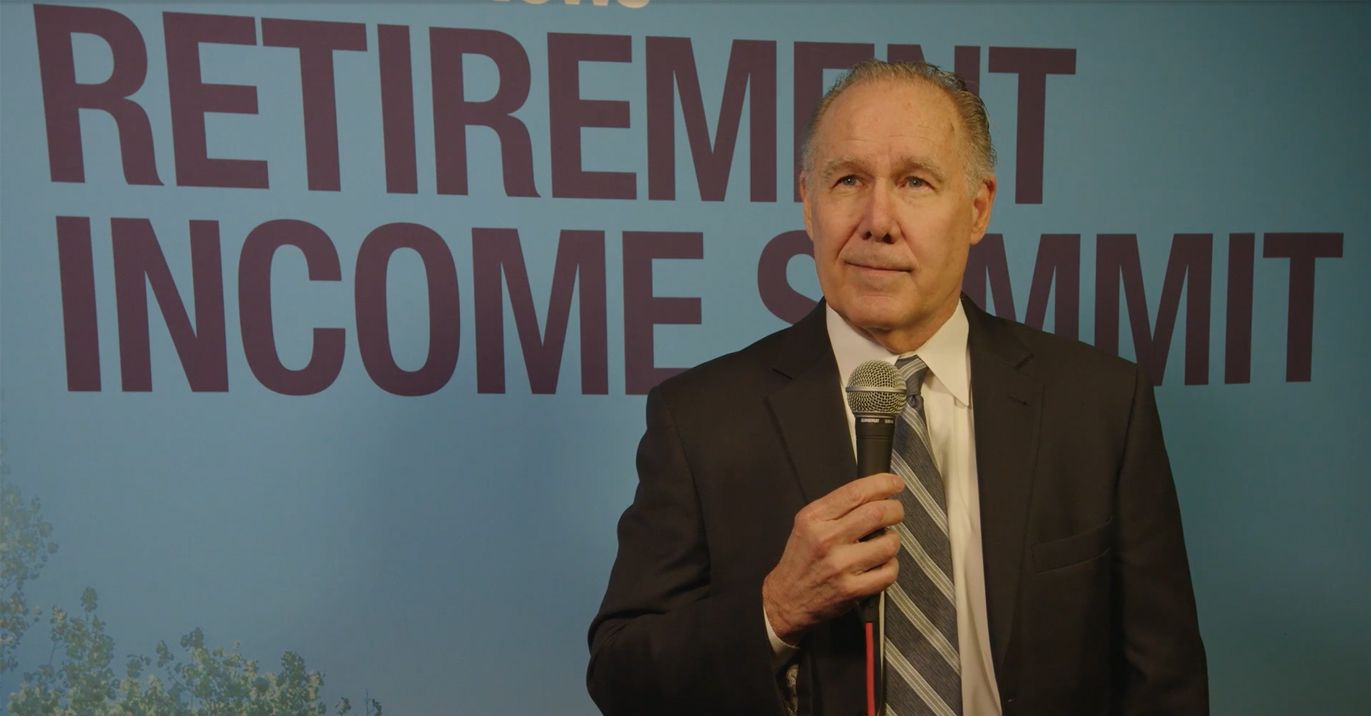Which clients could benefit from a Roth conversion?
A few factors make this year a good opportunity to move IRA savings into a Roth IRA, says Bill Vasil, a tax partner at ARM CPA, and he suggests the types of clients who might benefit from such a move.
Transcript
George Moriarty: Roth conversions seems to be a hot topic in 2020. Why all the buzz?
Bill Vasil: First – you have relatively low tax rates from a historical perspective that may be increasing in the future. Second – the market has been turbulent and it is ideal to complete a conversion when the market is low to allow for significant post-conversion appreciation. Third – the RMD requirement has been waived which permits a taxpayer to convert their first IRA dollars to a Roth whereas typically only IRA withdrawals in excess of the RMD can be converted.
George Moriarty: How do you identify clients that should consider a Roth conversion?
Bill Vasil: I like to break clients down into four buckets.
Bucket one would be clients that are already taking RMDs. With the RMD suspension for 2020, I look to convert amounts that will utilize the lower tax brackets.
Bucket two would be clients that are in their gap years, which is post retirement, but before RMDs and Social Security start. These clients are typically in lower tax brackets, thus I look to strategically convert to utilize the lower brackets.
Bucket three would be younger clients that may have a small traditional IRA balance. Converting now in a favorable environment not only allows for tax-free growth over their lifetime, but it also allows them to start completing back-door Roth IRA conversions on an annual basis.
Bucket four would be business owners or high income earners that are having a low income year or loss. Here I look to utilize the lower tax brackets, which won’t be available once income goes back up.
George Moriarty: When should the conversions be completed?
Bill Vasil: Now is the time to start running tax projections and having conversations with clients as the conversion needs to be completed before year-end. If accurate income data is not yet available, I would at least start the high-level conversation now so that the conversion process won’t be rushed at year-end.
See also: 3 questions to ask before converting to a Roth IRA – To do a Roth conversion, money has to be spent. Here is what financial advisers and their clients should consider before they incur tax costs



